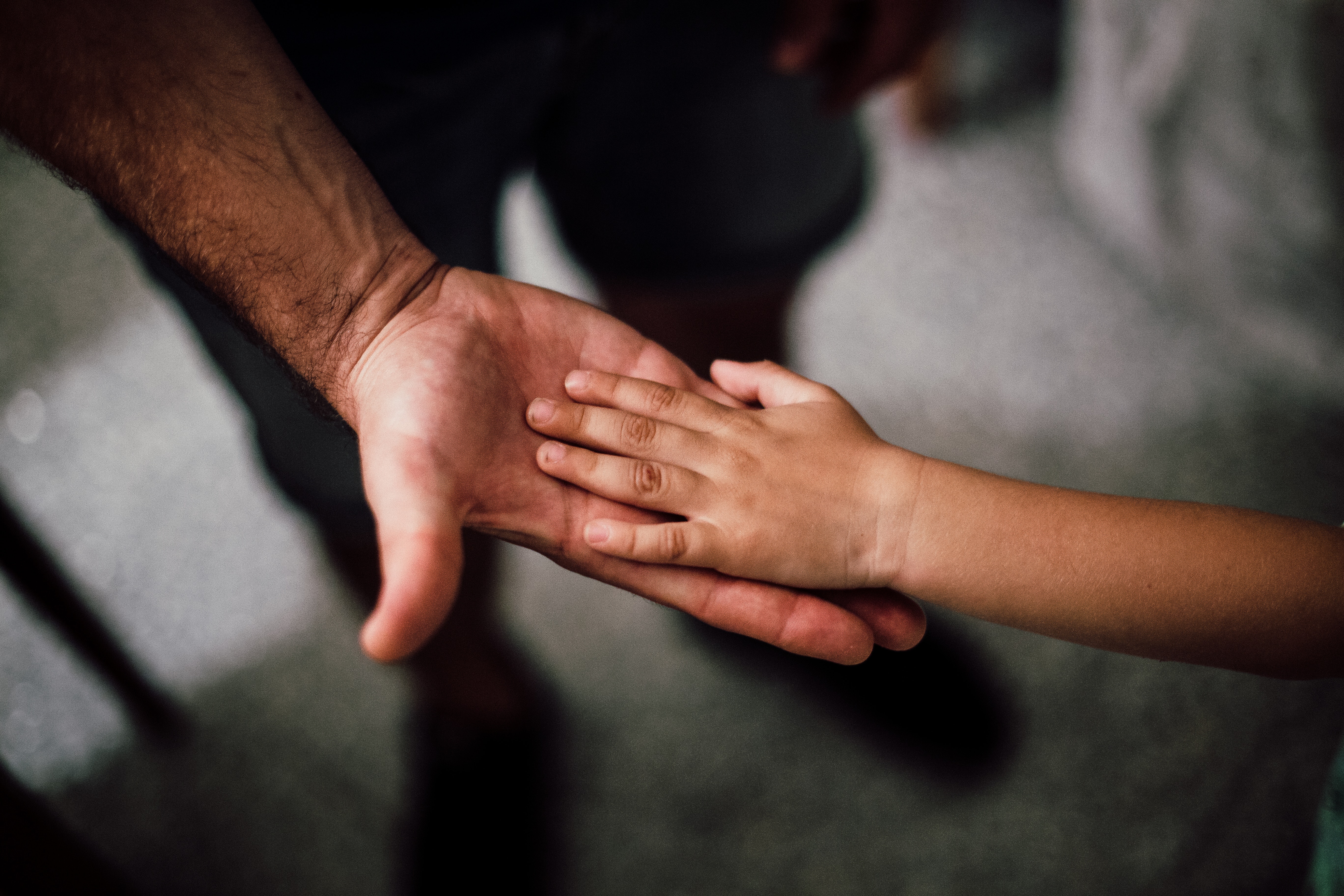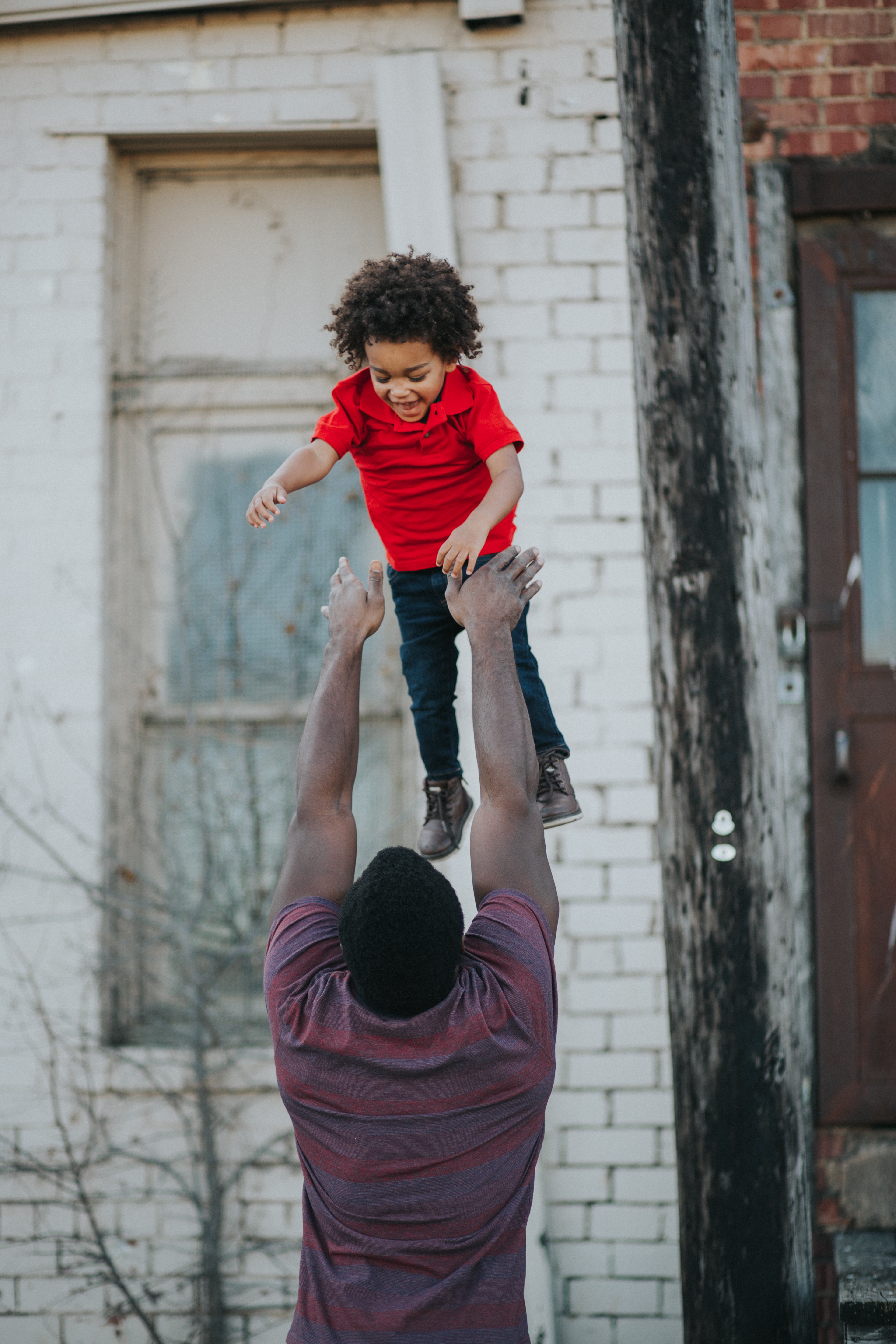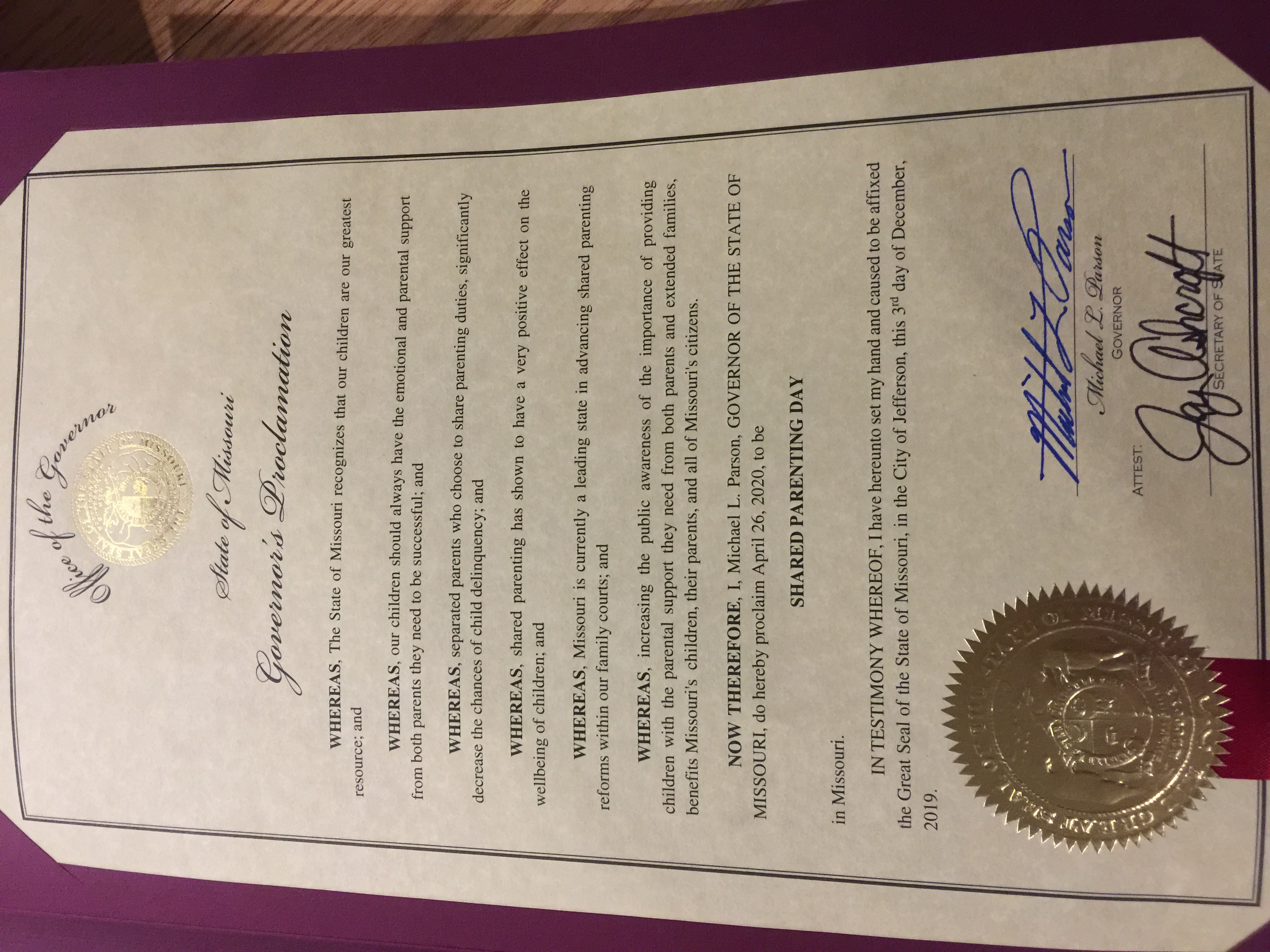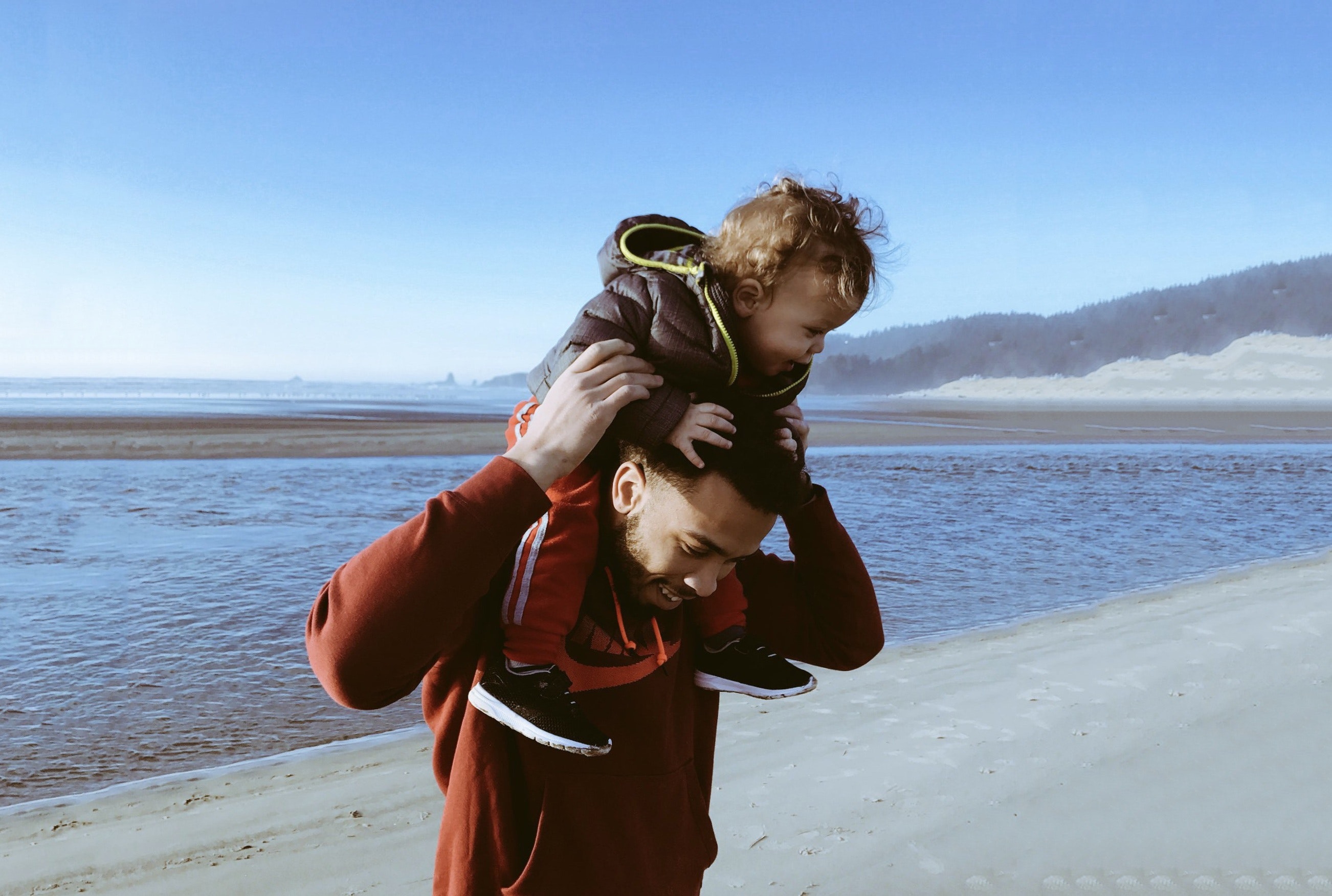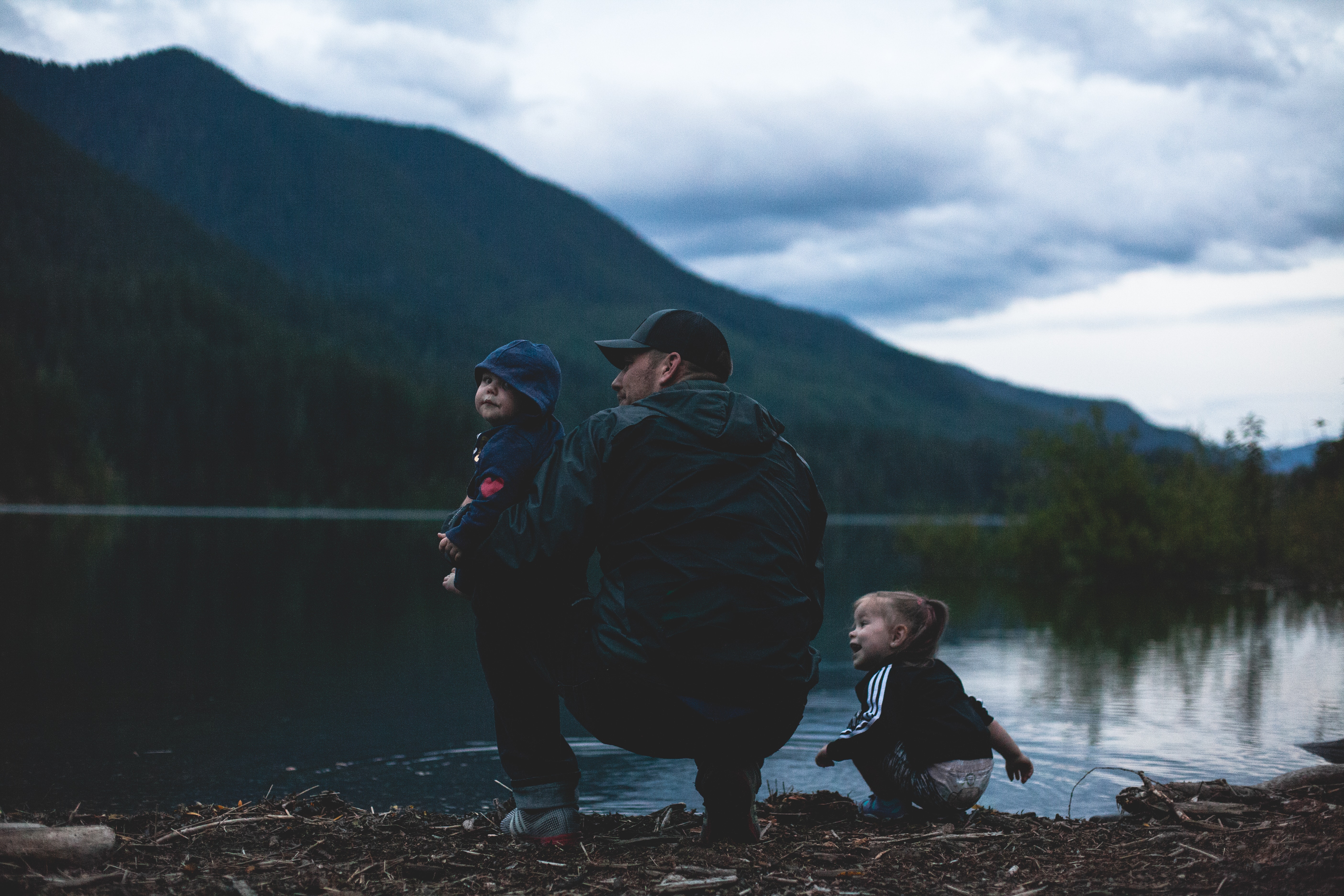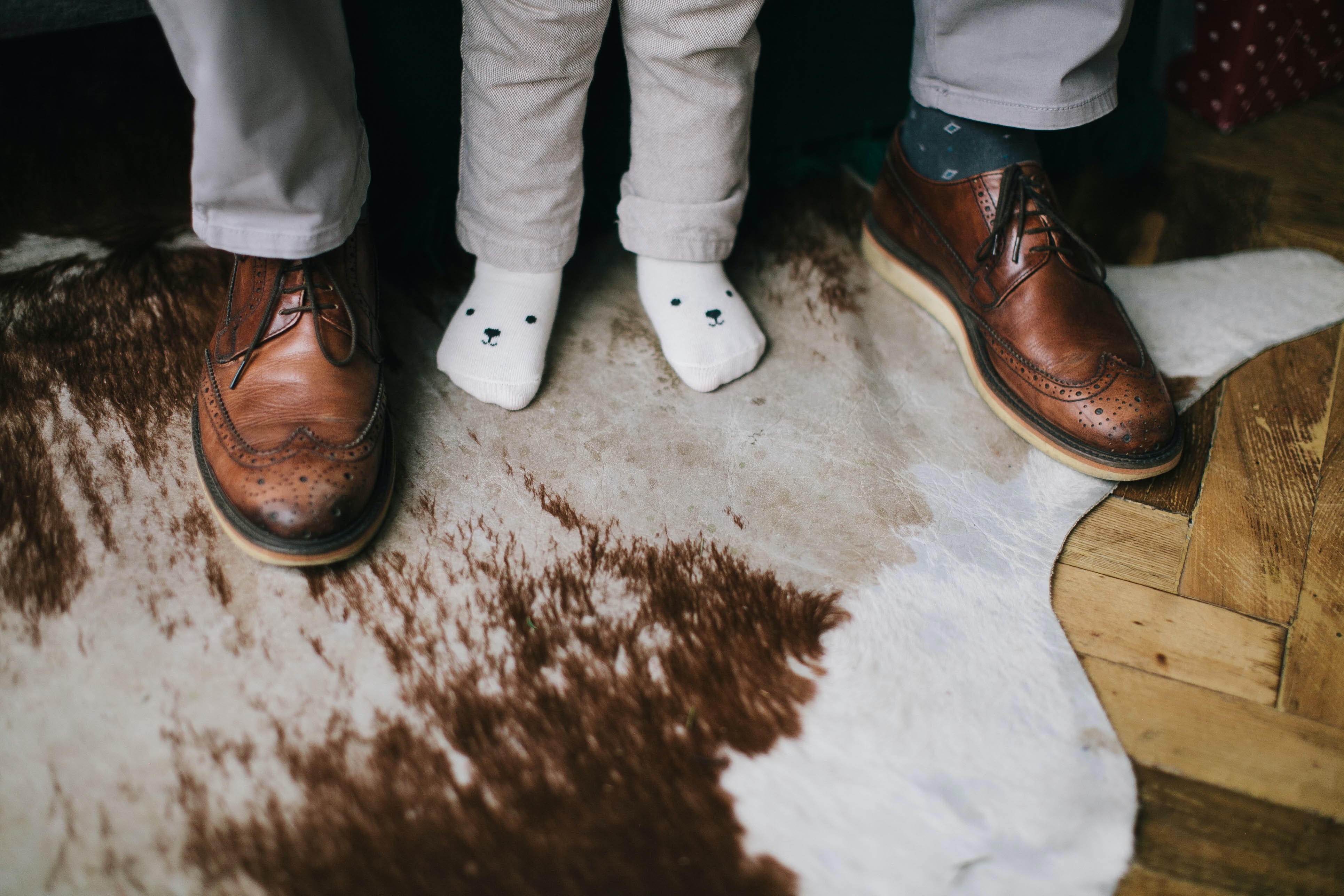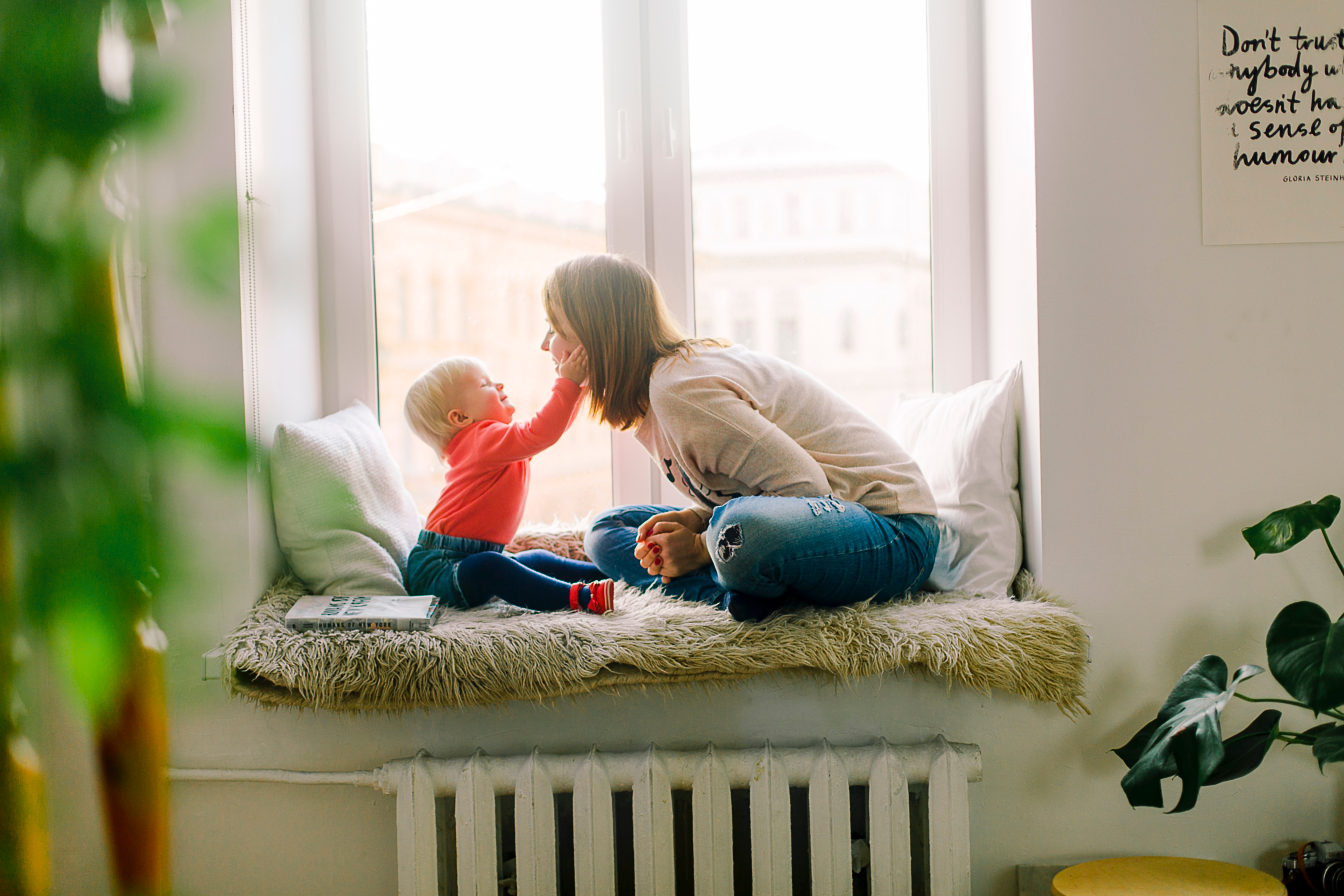
April 27, 2020 by Robert Franklin, JD, Member, National Board of Directors
Those of us who pay attention to family law and public policy on families and kids know all too well the multi-front attack on families that’s so much a part of our society and culture. That is, after all, why we fight back. Healthy families are necessary to a healthy polity, so the erosion of families can only pose a threat to societal health and well-being. Unsurprisingly, as the family has declined, many of the problems that strong families help ameliorate or avoid have worsened.
Of course most of the ways in which families are attacked are well-known – divorce laws and practices, adoption law, child support laws, child protective practices, pop culture, etc. But occasionally, we run into a new one, in this case, opposition to homeschooling (Harvard Magazine, 5/20).
Writing in Harvard Magazine, Erin O’Donnell channels Harvard professor Elizabeth Bartholet who’s on record as favoring an outright legal presumption that no child may be educated by his/her parents. Apparently, Bartholet would graciously allow some parents to be able to rebut the presumption, but the article never suggests how. Given that the presumption would be a legal one, I can only conclude that it would require a proceeding in court that would then require a lawyer and would therefore place homeschooling out of reach of parents of modest means.
In short, like every other family-unfriendly policy already in effect, Bartholet’s would hit hardest at the poor. This of course is in the service of her “progressive” ideology.
So why does Bartholet so loathe and fear homeschooling? Her justifications seem to be three. First, most parents who homeschool their kids are Christians who feel their children aren’t exposed to the right values or morals in school. This is an anathema to Bartholet.
“Bartholet notes that some of these parents are “extreme religious ideologues” who question science and promote female subservience and white supremacy.”
Needless to say, she offers no evidence for her claim. As such, it looks very much like Christian parents who homeschool their kids constitute an “other” to be demonized, the better to further erode their parental rights.
Second, and equally evidence-free, is Bartholet’s assumption that, if children are schooled by their parents in their home, they’re sitting ducks for abuse.
This practice, Bartholet says, can isolate children. She argues that one benefit of sending children to school at age four or five is that teachers are “mandated reporters,” required to alert authorities to evidence of child abuse or neglect.
Yes, and we know all about those mandated reporters, don’t we? They’re the ones who are largely responsible for burdening child protective agencies with a huge overabundance of reports of suspected abuse and neglect. Some 80% of those reports never needed to be made, but they were and they take up countless hours of CPS agencies’ time. In 2016, there were about 180,000 reports of child abuse that were found to be true. That was about 0.2% of all children. Bartholet attempts to recruit the specter of child abuse to her campaign to further increase state power at the expense of parental rights, so of course she nowhere mentions that children generally are overwhelmingly safe at home.
She also neglects to mention that some 2.2 million kids each year are injured at school. Presumably that easily-obtainable factoid wasn’t obtained by either Bartholet or O’Donnell because it contrasts poorly with their desire to scare readers about parents.
Now, one argument Bartholet makes with which I agree is that homeschooling is monitored by states poorly if at all. Some states apparently make no effort to see if their homeschooled children are actually receiving an education or not. It seems worthwhile to require them to take a test every year to monitor their progress.
That said, given her stated interest in the quality of education received by homeschooled kids, you might think there would be a word or two in the article about how well those children stack up against others academically. If so, you’d be disappointed. There’s not a single word about the fact that, on average, homeschooled children outperform their peers in traditional schools. That too, it would seem, constitutes a truth that’s inconvenient to Bartholet’s campaign to shove every kid into a school of which she approves and, in so doing, remove them from parental love, parental authority and parental teaching.
Meanwhile, as is so often the case, the comments to the HM article are far more instructive than the article itself. Yes, there are several comments from parents who’ve homeschooled their children, but the one I find most telling is from “Larissa” who’s a public educator. Her description of public schooling is a far cry from Bartholet’s sunny notions. Here it is in its entirety.
This is, by far, the most vapid and poorly researched article I’ve ever read. I am a public educator. Children in public schools are penned in for 8-9 hours a day with MAYBE a 20 minute recess built in with another 25 minutes for lunch. Time is constantly wasted trying to corral and transition from one arbitrary class to another. They MAYBE experience 1 or 2 field trips a year. Homeschool children, on the other hand, are often doing their school outside. They are active. They are given specialized instruction instead of a one size fits all curriculum. Field trips take place as often as they want, many once a week or more. When a child is sick, they don’t miss instruction. They are given the time to recuperate and pick up where they left off. Co-ops offer group learning atmospheres where they can learn from specialized experts in certain fields. When a child masters a concept, they can move forward instead of sitting around waiting for their peers. When a child is struggling, they can slow down without feeling like they are holding everyone back or worse being forced to just trudge ahead without the skill. Children have more time to participate in activities like 4H, music lessons, team sports, and internships since their life is not dictated by a government institution. Furthermore, homeschool students outperform public school students on the ACT, SAT, and in areas of college readiness. They are better at discussions, better at asking questions and providing analysis. This idea that homeschool children are isolated and under authoritarian rule is antiquated and shows a lack of research by this author. Public schools dictate the way a child should dress, the way a child behaves, the way a child eats, the way they play, and the way a child should learn. They dictate who gets to be successful and who gets left behind. They funnel children into groups based upon arbitrary quantifiers of potential. They dictate the number of hours a child must sit. They dictate what a child should say. They dictate what days are school days and what days are for family. The public school system literally has control of a child and his family from age 5-18. And you say they provide freedom? Absolutely tone deaf and an embarrassment to this publication.
Ouch!
There are so many excuses on offer for replacing parents with the state. Not a one of them withstands even minimal scrutiny and yet many have found a niche in the law and public policy. Like the others Bartholet’s ideas are unsupported by basic facts and an attack on the bedrock institution of society, the family.
